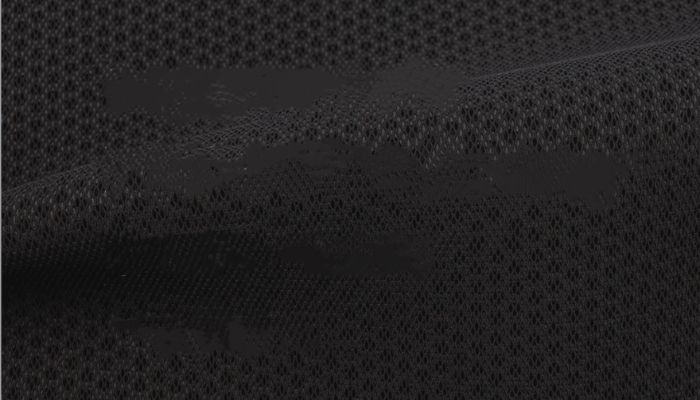Backpack padding materials are not just the physical foundation of a backpack; they are crucial factors influencing its comfort and performance. Choosing a suitable padding material enhances the user’s comfort and improves the backpack’s stability and durability. Therefore, understanding the importance of backpack padding materials is essential for every backpack user.
Functions of Padding Materials
Comfort: The primary purpose of padding materials is to provide cushioning to reduce direct pressure from the backpack’s weight on the user’s body, especially on the shoulders, back, and waist—areas that bear the most weight.
Stability: Padding materials also contribute to the backpack’s stability by preventing items inside from shifting, thus maintaining balance.
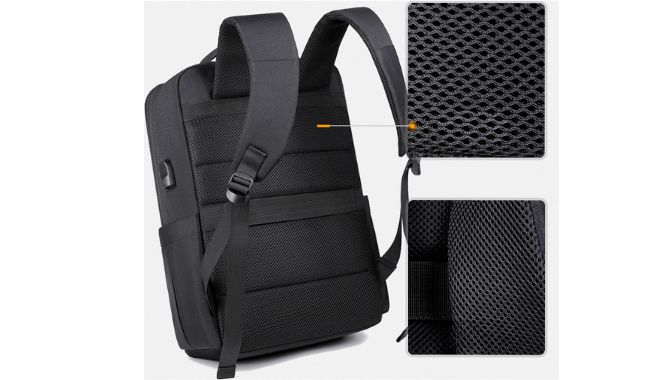
Common Padding Materials
Common padding materials include foam, memory foam, and EVA foam.
Foam: Foam is famous for its elasticity and softness, with density and thickness impacting comfort and support.
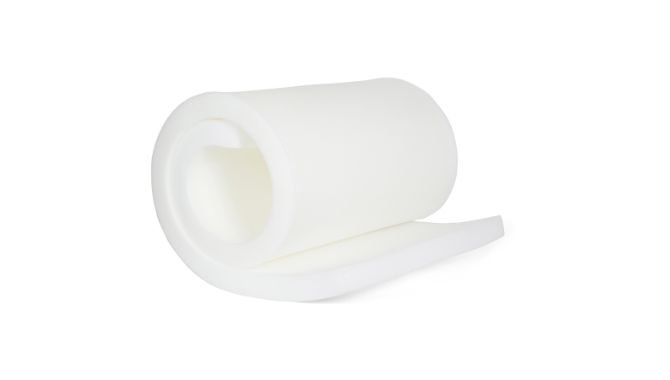
Memory Foam: Known for its ability to mold according to the user’s body shape and weight, providing excellent contouring and support.
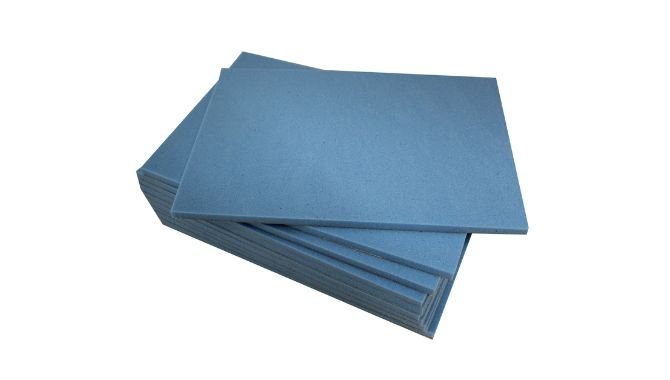
EVA Foam: Widely used in outdoor backpacks due to its lightweight, pressure-resistant, and waterproof characteristics.
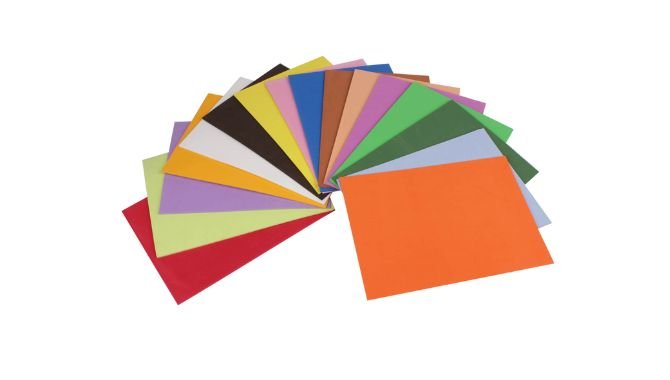
Specialized Padding Materials
Some high-end backpacks utilize specialized padding materials such as 3D mesh structures or breathable materials.
These materials offer superior support and comfort and improve breathability and heat dissipation, keeping the user dry and comfortable.
Choosing Recommendations
Consider Comfort: The comfort of padding materials directly impacts the backpacking experience. Opt for materials with good softness, elasticity, and breathability to enhance comfort during use.
Ensure Durability: The durability of padding materials is crucial when selecting a backpack. Choose high-strength materials that are resistant to wear and tear to prolong the backpack’s lifespan.
Personal Needs and Usage: Depending on whether you need a backpack for daily commuting or outdoor activities, select padding materials like lightweight or memory foam for commuting, while durable EVA foam or specialized materials are ideal for outdoor enthusiasts.
Conclusion
In conclusion, understanding the basics of backpack padding materials helps make informed decisions when choosing a backpack. Consider weight, comfort, durability, and specialized designs when selecting padding materials tailored to your needs and intended use. Choosing suitable padding materials can significantly enhance your backpacking experience.

